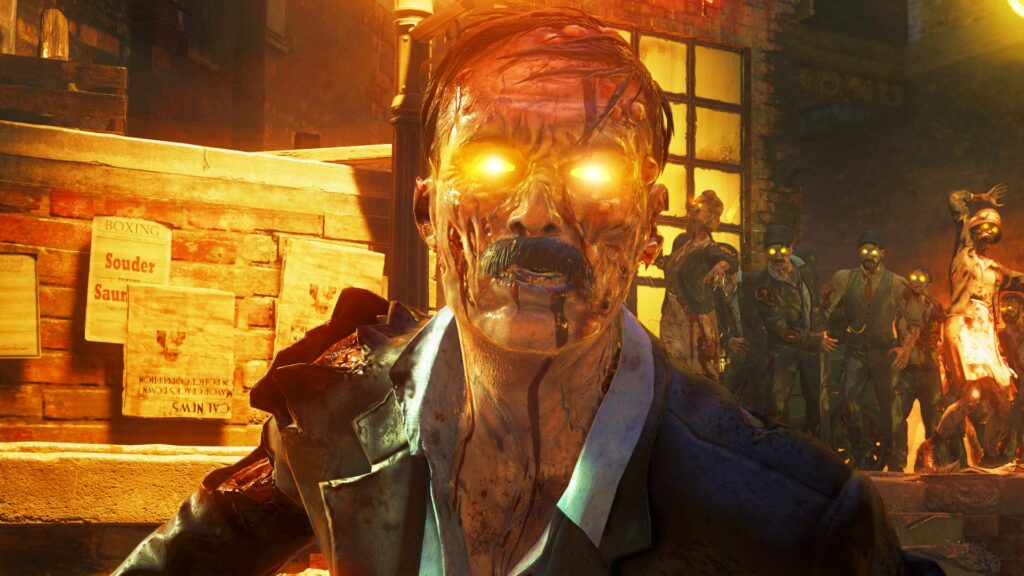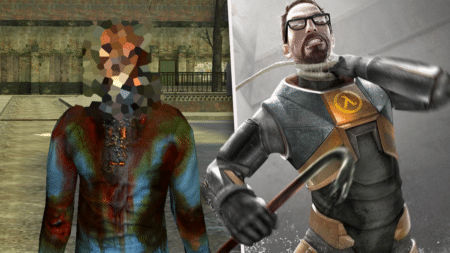Call of Duty is a franchise that has been around for nearly two decades, and it has been one of the most popular first-person shooter games of all time. The game has been successful in large part due to its compelling storylines, engaging gameplay, and immersive multiplayer modes. However, in recent years, the franchise has taken a turn for the worse, and many fans feel that the game is no longer what it used to be. In this article, we will explore how Activision, the game’s publisher, has ruined the Call of Duty franchise.
The Rise of Call of Duty

The first Call of Duty game was released in 2003, and it was an instant success. The game was set during World War II, and it allowed players to experience the intensity of the war through the eyes of soldiers from different countries. The game was praised for its realistic graphics, intense gameplay, and emotional storyline.
Over the next decade, the franchise continued to grow in popularity. The developers introduced new gameplay mechanics, such as the ability to sprint and slide, and they also added new game modes, such as Zombies and Battle Royale. The game’s multiplayer mode became one of the most popular aspects of the game, and it has continued to attract a large following to this day.
The Fall of Call of Duty

Despite the game’s continued success, many fans feel that the franchise has lost its way in recent years. The game’s publisher, Activision, has been accused of prioritizing profits over quality, and many fans feel that the game has become repetitive and uninspired.
One of the biggest criticisms of the franchise is the lack of innovation. The games have become predictable, with each new release offering minor tweaks to the same formula. The game’s storyline has also become increasingly convoluted, with each new game adding new layers to an already confusing narrative.
Another issue with the franchise is the focus on microtransactions. While microtransactions have been a part of the game for years, they have become more prevalent in recent releases. Players are now encouraged to spend real money on in-game items, such as weapons and skins, which has led to accusations of pay-to-win tactics.

The Impact of Activision
The decline of the Call of Duty franchise can be traced back to Activision, the game’s publisher. Activision has been accused of prioritizing profits over quality, and many fans feel that the game has suffered as a result.
One of the main ways that Activision has impacted the franchise is through its annual release schedule. Each year, a new Call of Duty game is released, and this has led to a lack of innovation and a rushed development cycle. The developers have been given a strict deadline to meet, which has resulted in games that feel unfinished and unpolished. Another way that Activision has impacted the franchise is through its focus on microtransactions. While microtransactions have been a part of the game for years, they have become more prevalent in recent releases. Players are now encouraged to spend real money on in-game items, such as weapons and skins, which has led to accusations of pay-to-win tactics.

Finally, Activision’s focus on profits has led to a lack of creativity and innovation. The game’s storyline has become increasingly convoluted, with each new game adding new layers to an already confusing narrative. The games have become predictable, with each new release offering minor tweaks to the same formula.
Despite the decline of the franchise, there is still hope for the future of Call of Duty. The developers have acknowledged the criticisms of the franchise, and they have promised to make changes in future releases.










